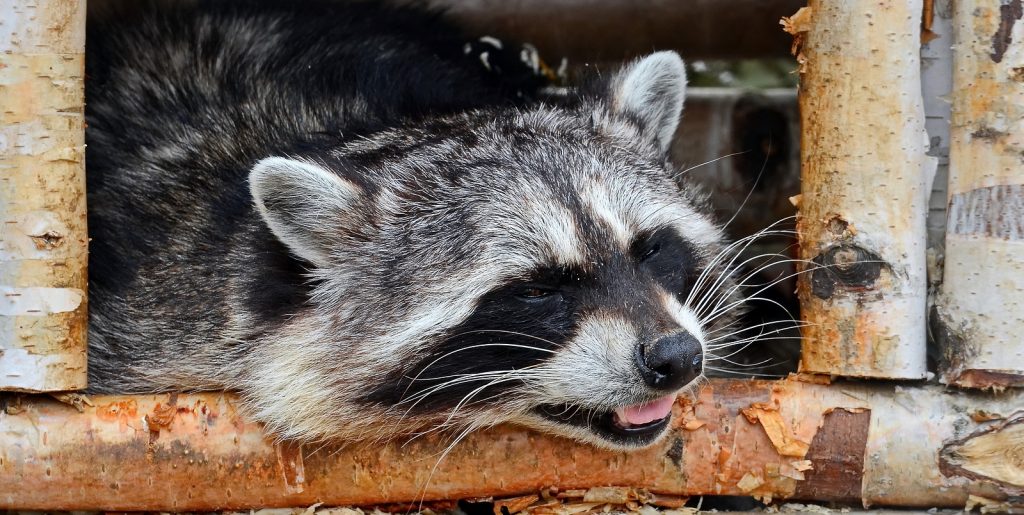Uh oh! You found a colony of raccoons living in or around your property! But before you pick up the phone to contact a local pest control company, you should know that raccoons are not rodents. You see, a rodent can be loosely defined as an animal with a pair of solid, growing incisors in both the upper and lower jaw, such as a mouse, rat, or hamster. A raccoon, on the other hand, is a meat-eating animal that lacks this characteristic set of incisors; so they are not in fact, rodents.
For this reason, if you were to contact the pest control company after discovering raccoons in the attic, they will quickly refer you to the proper authorities, which is generally a local wildlife rescue and control service that retains the proper state permits to extract and transport wild animals, like raccoons, legally.
Continue reading to learn why a raccoon is not considered a rodent, but rather, a nuisance animal, and what you can do to safely eliminate the threat of raccoon activity on your property.

The Common Raccoon (Procyon Lotor)
The Common Raccoon, also known as the North American Raccoon, is a medium-sized mammal. They are of course, part of the animal kingdom, as well as, the Chordata phylum, Mammalian class, Carnivora order, Procyonidae family, and Procyon genus, all giving them their species name, Procyon Lotor.
As for food, theirs tends to vary from season to season, but typically they will eat anything from insects, fruits and nuts to small reptiles, amphibians, birds and other vertebrates. One of the reasons we usually find raccoons going through our trash after dark is because they are nocturnal and sleep during the day. Raccoons are very intelligent, and like humans, have paws with 5 digits. These paws are capable of grasping and prying, just like ours!
Risks and Threats
Although raccoons are not rodents, they are still considered nuisance wildlife because they are known carriers of infectious diseases that can be dangerous for humans and pets. They also cause structural and landscaping damage that can be costly and tedious to repair. So if you have a raccoon problem on your property, contact a local wildlife removal and control company to have them safely and humanely removed. If you suspect you might have raccoons in the attic, call a professional service immediately to avoid further damages and costly repairs.
24 Hour Raccoon Removal and Control
Call 502-553-7622 if you are experiencing raccoon problems in Louisville, Kentucky. We offer residential and commercial raccoon removal and control, as well as, raccoon proofing and prevention, minor restorations for raccoon damages, raccoon cleanup, and much more. Request a free estimate, anytime.

